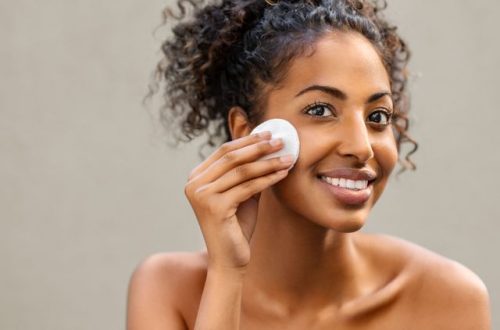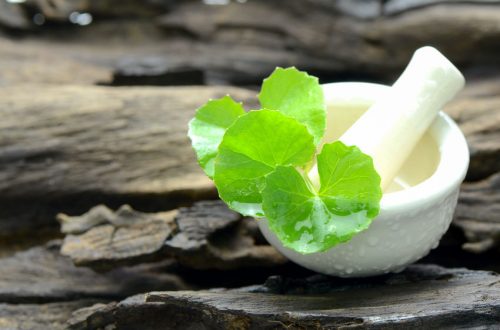Ten cosmetic acids and their benefits for the skin
Hyaluronic, retinoic or citric acid are just three of the cosmetic acids that in recent years have gained special prominence in the world of beauty, to the point of becoming an essential substance in many treatments.
These cosmetic acids, which are already part of the beauty routine of many women, have different properties depending on their concentration. At low concentrations they are moisturizing while, if it increases, they help to eliminate the layer of dead skin cells (peeling), which regenerates it and makes it look brighter and rejuvenated.
This type of acid is also effective in improving sun spots, increasing the quality of elastin fibers and the density of collagen.
Thanks to its ability to access the deepest layers of the skin, fast, persistent, and visible results are achieved. For this reason, they have become one of the favorite cosmetic products and you can find them with a creamy or serum appearance.
If you still do not know very well what types of acids there are, what they can do for your skin and how to use them, we present ten different options below.
1-Hyaluronic acid. It is the great star of cosmetics. Among its benefits stands out its ability to hydrate the skin, reduce wrinkles and rejuvenate the skin. Provides luminosity restores flexibility and has strong firming power. It has no exfoliating action.
2-Azelaic acid. It comes from wheat, barley, and rye. It cures rosacea and severe acne but, unlike other acids that treat this problem, azelaic does not control sebaceous secretion, it only efficiently reduces the concentration of bacteria on the face to prevent the appearance of pimples and inflammation.
3- Retinoic acid. It is a perfect regenerating acid for combination and acne-prone skin, as it controls oil production, tones facial skin, and reduces pore size for a smooth, soft appearance. It is an antioxidant, stimulates collagen production, and is depigmenting, among other benefits. Being pure vitamin A it is very effective, but it can be quite irritating. Apply it at night so you don’t get the sun.
4- Malic acid. It is in fruits like apples. It works well for sensitive skin, as it is an organic stimulant with gentle exfoliation that offers a lot of benefits: it maintains the correct moisture in the face, balances the pH of the formulas, evens out the complexion, and conceals fine lines.
5- Lactic acid. It is obtained from the fermentation of milk and works as a chemical exfoliant that cleanses impurities from the face without the need to rub. Due to its softness, it can be used for sensitive skin. Improves hydration, collagen, and elastin production combats acne marks, and renews facial skin cells, among other benefits. The best age to apply is 25 years onwards.
6- Salicylic acid. Its natural origin is willow bark, but currently, it is mostly synthetically produced. It has a great exfoliating capacity, especially in cases of oiliness, acne problems, and dandruff on the scalp. Being too strong an acid, it is not convenient to use it without consulting a dermatologist.
7- Citric acid. It occurs in citrus fruits such as oranges, lemons, grapefruit, and limes. It has an exfoliating property that removes dead skin cells and cleanses the skin without irritating it. Its antioxidant and antibacterial properties make this citric acid one of the great allies to combat acne.
8- Glycolic acid. It comes from sugar cane, grapes, or beetroot extracts and has therapeutic, regenerative, and moisturizing properties. Reactivates the formation of elastin and collagen. Combat wrinkles, expression lines, spots, scars, and impurities. It is suitable for mixed and oily skin and the skin should not be exposed to the sun after its application. Its use is not recommended before the age of 18.
9- Ascorbic acid. Known as vitamin C, it is one of the strongest antioxidants. It has a vegetable origin, provides luminosity, reduces wrinkles, and attenuates skin spots. Increases collagen synthesis and inactivates free radical damage.
10- Mandelic acid. It comes from bitter almonds. It is a gentle exfoliant suitable for all skin types as it does not cause irritation or redness. It is recommended for acne treatments. It also has antibacterial, depigmenting, and antibiotic properties, which makes it a good option for treating skin blemishes.
If you still do not use cosmetic acids and you are considering including them in your beauty routine, it would be a good idea to see a specialist who will help you choose the product that best suits your skin and give you guidelines on how to administer it. . . You see that the options are many and they may not all be equally beneficial for your skin.



